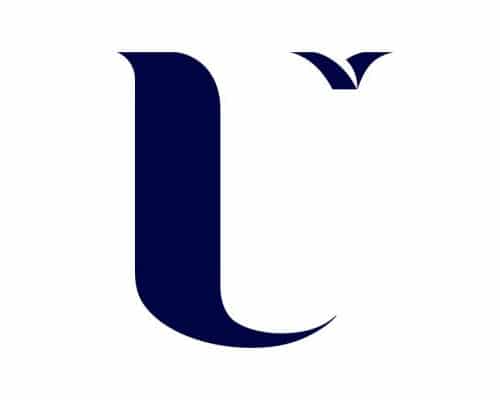Cost per 15-credit module: £726.75
Fees are payable on a module-by-module basis as you progress through the course*. In the 2024/25 academic year, modules are priced at £48.45 per credit point, so a 15-credit module will cost £726.75.
The number of credits you take will be determined by your chosen award, as outlined below:
Master of Science: 180 credits
*Tuition fees may be subject to an annual inflationary increase each academic year in line with Ulster University’s terms and conditions. The increase will come into effect for the September teaching period each year.
Flexible options allow students, sponsors or their employers to make payment as easy as possible. A 10% Alumni Discount is available for eligible candidates.










